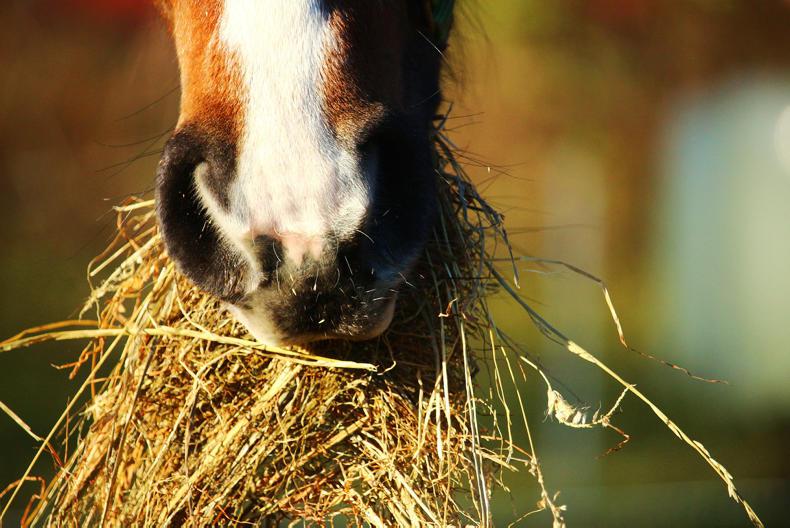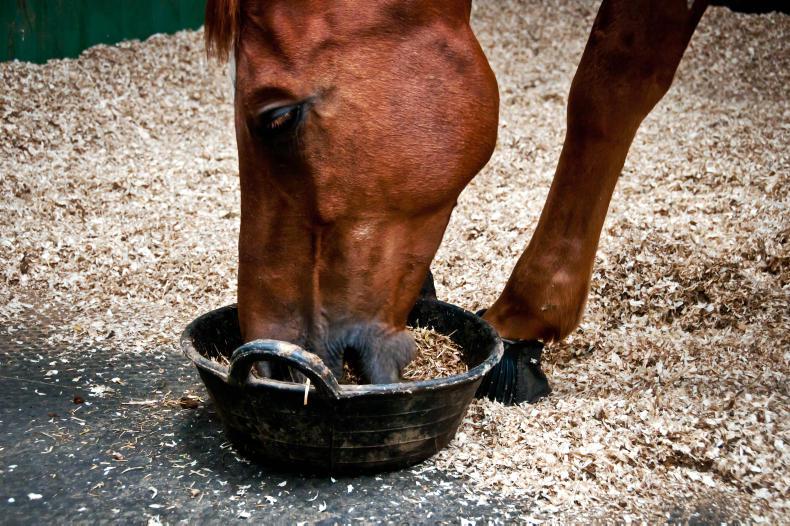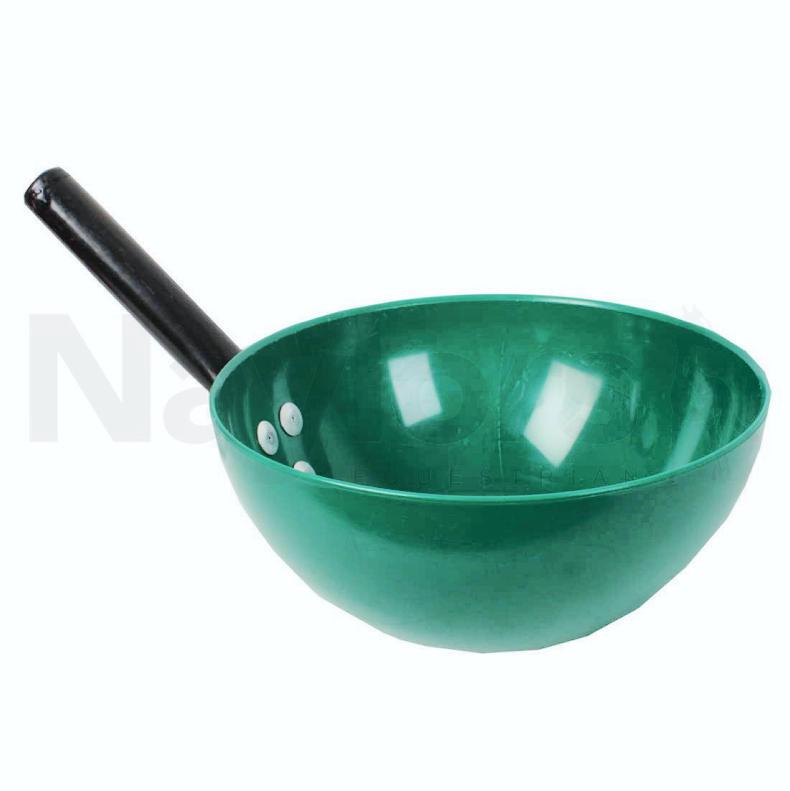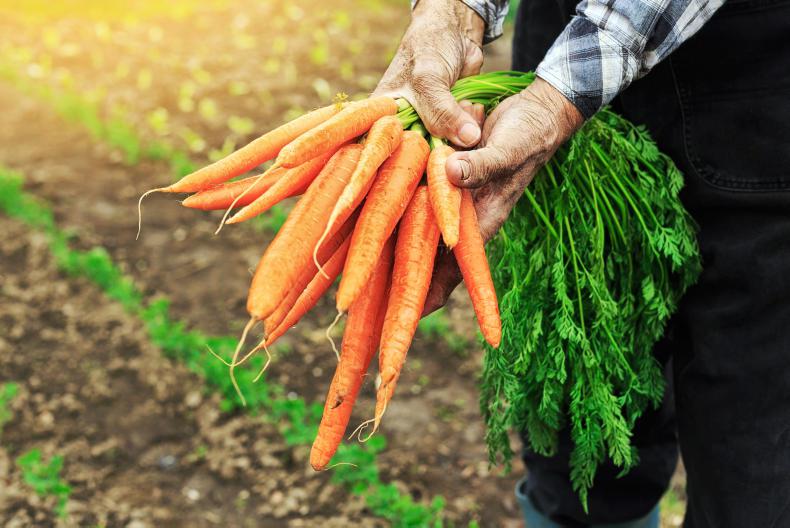IT is crucial that all horse owners understand and are aware of the golden rules of feeding. These basic rules should be applied to maintain health and avoid problems associated with poor nutrition.
1. Feed little and often. A horse has a small stomach relative to his size. (The stomach is about the size of a rugby ball.) Horse owners should aim to feed little and often as this mimics how horses would feed naturally in the wild.
2. Always ensure your horse has a constant supply of clean, fresh water. A horse can drink up to 45 litres of water a day. An adult horse’s body is made up of about 65% water – a lack of fluids can lead to dehydration. Drinking containers should be large enough to allow the horse to drink comfortably and should always be kept very clean.
3. Allow at least an hour after feeding concentrates prior to exercising your horse. The horses’ stomach is located close to the diaphragm. When the stomach is full it can reduce the movement of the diaphragm. It is also especially important for gastric health that the food is given time to digest as it stops the gastric acids splashing back up and damaging the lining of the stomach. The same principle applies after exercise, you need to allow time for your horse's heart rate and breathing to return to normal. (Click here for more on diet management for gastric ulcer syndrome.)
4. Feed according to age, size, workload, temperament and time of year. If a horse is overfed it can cause a variety of problems such as obesity, laminitis and behavioural problems. Old and young horses need specialised feeding programmes to maintain health. All horses are individuals and must be treated as such when planning a feeding regime.
5. Routine is vital when it comes to feeding. Feeding at regular times during the day is important for horses because they are creatures of habit. Tip: If possible, feed your horse from the ground as it is more natural and comfortable for the horse.

6. Always keep feed utensils clean. Horses can be fussy eaters and unclean utensils can turn them off their food. Clean equipment reduces the risk of spreading bacteria.
7. Always feed good quality feed. Never be tempted to feed dusty, old or poor quality feeds, as poor quality can lead to digestive and respiratory disorders.
8.If making changes to the horse’s diet, do so gradually. This is to stop digestive upset and illnesses such as colic. The bacteria that breaks down the horse’s food in the digestive system are ‘food specific.’ If you make gradual changes then the bacteria has an opportunity to adapt.
9. Storage – it is important to store your concentrate feeds in a cool, dark and dry place that is rodent-proof. Keep hay/haylage in a covered and well ventilated barn to reduce the risk of fire and moulding.
10. Feed plenty of good quality fibre. Fibre is essential for maintaining gut health, providing energy and calories and for the absorption of nutrients. A horse’s natural feed is grass. A minimum of 50% of your horse’s diet should be forage. (Click here to read more on the importance of fiber in the diet.)
11. Include something succulent in the horse’s diet every day. Carrots, apples, turnips – something succulent will keep the horse happy. They add variety and extra vitamins to the diet.

Be observant and aware of your horses state of health at all times. This will allow you to make any adjustments or changes to his diet before things go wrong. Remember: ‘The eye of the Master keepeth the horse fat.’


 This is a subscriber-only article
This is a subscriber-only article
 It looks like you're browsing in private mode
It looks like you're browsing in private mode








SHARING OPTIONS: